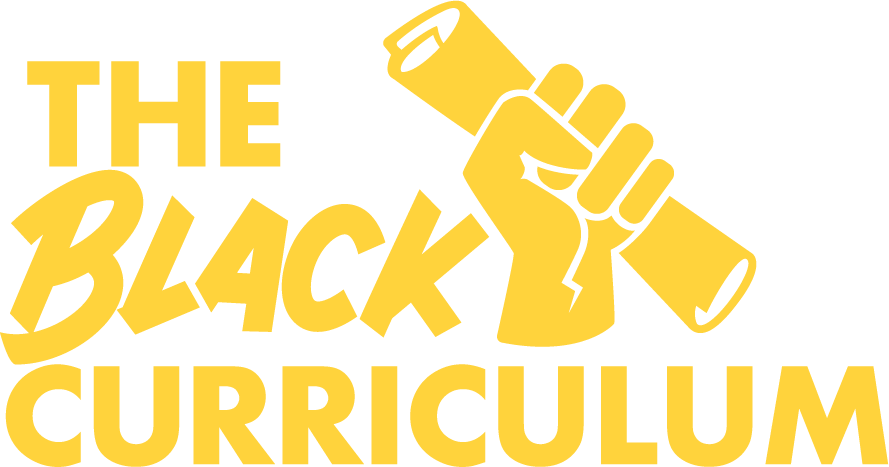
Our Blog
At The Black Curriculum, our arts-focused learning practice is centred around the retelling and rediscovery of stories. Just like you, our team is continuously learning - have a read of our thoughts and join us on our journey!

10 Poems to Read on Black British History (Past Black History Month)

The Activists’ Guide for Encouraging Your Local School to go further than Black History Month
We joke about how 2020 needs to be forgotten. But there are some things we cannot, or do not, want to forget. We can’t forget the video of George Floyd’s murder and we don’t want to forget how people of all religions, races, genders, sexual orientations stood up and said enough is enough and that Black Lives Matter (BLM) in protests across the world.

Embracing my Roots

How The DfE’s New Guidelines Impact The Future Of Liberatory Teaching
On the 24th September 2020, the Department for Education shared new guidance for PSHE programming which has left us extremely concerned. As a social enterprise seeking to embed the teaching of Black History in schools throughout the year, we felt we should share how this guidance could affect teaching, the school experience and how to support organisations that are challenging the recent guidelines.

Why Black British History is Important To Me: Will Poulter
It wasn’t until after I left school that I had a black history lesson that did not make slavery and oppression its primary focus. That is no one’s fault but my own. But, perhaps at the highest level, it also lies with the policymakers in government who have not done enough to include the historical experiences of black people, and people of colour in our national curriculum.

Racial Literacy: What does it mean?
What is your first memory of racial difference? I ask this question when I run race awareness training course in companies I work with. The diversity of responses always fascinates me. I am amazed at how different people’s experiences of ‘race’ are. It ranges from white people who went to multi-cultural schools. Who, are very racially aware and confident in the language they use and their knowledge of cultural difference. To white people, who didn’t encounter racial difference until they interacted with people from different cultures in university or their first city-based jobs. To black Africans, who also didn’t experience the concept of ‘race’ until they moved to the UK and were othered for the first time, no longer in a black majority.

Dealing with Black History Month Burnout
It all begins with an idea.
